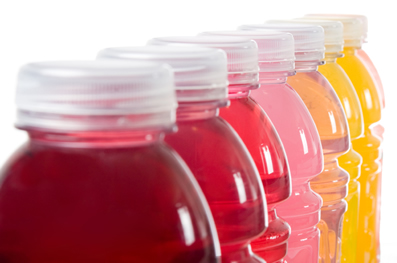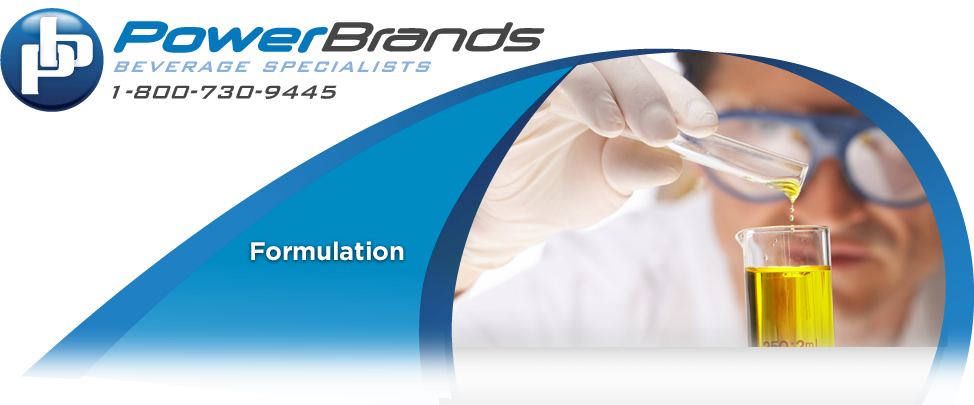Private Label Beverage

 Consumers have an ever-growing array of choices in the beverage aisle. The choices vary from name brand to private label drinks; innovations are not only driven by tastes, but are increasingly influenced by consumers' need for convenience in all things and their desire for drinks that fit their health and lifestyle goals. Products that offer single-serve packaging and a healthy positioning are the ones that have driven strong sales growth of non-alcoholic beverages during 2002-08. A slow but steady portion of this growth has been in private label drink. Private label permeates virtually every beverage category in the United States. Private label beverages, also known as store or home brands, can now be found in the largest and the smallest of beverage categories. Although carbonated soft drinks remain popular, as the market has evolved and consumer tastes have shifted, retailers in private label have moved into more non-carbonated products, like bottled water and fruit beverages, as chronicled in the latest edition of Beverage Marketing Corporation’s ‘Private Label Beverages and Contract Packing in the U.S.’ report. Consumers have an ever-growing array of choices in the beverage aisle. The choices vary from name brand to private label drinks; innovations are not only driven by tastes, but are increasingly influenced by consumers' need for convenience in all things and their desire for drinks that fit their health and lifestyle goals. Products that offer single-serve packaging and a healthy positioning are the ones that have driven strong sales growth of non-alcoholic beverages during 2002-08. A slow but steady portion of this growth has been in private label drink. Private label permeates virtually every beverage category in the United States. Private label beverages, also known as store or home brands, can now be found in the largest and the smallest of beverage categories. Although carbonated soft drinks remain popular, as the market has evolved and consumer tastes have shifted, retailers in private label have moved into more non-carbonated products, like bottled water and fruit beverages, as chronicled in the latest edition of Beverage Marketing Corporation’s ‘Private Label Beverages and Contract Packing in the U.S.’ report.
Private label carbonated soft drinks, private label milk, private label bottled water and private label juice are considered prime categories for private label beverages.
Branded products like Coke, Pepsi and Dr Pepper dominate but the vast size of the carbonated soft drink category has created an opportunity for private label brands, which are typically purchased by value-conscious consumers. For the most part, the branded company leaders have done an effective job at blunting further inroads of private label through strong marketing of their products, gaining widespread distribution, and pricing their products so that they can be afforded by a mass market. Historically, private label has always played a roll in the industry but its share of the market has been stagnant over the last decade. Since 1993, private label has ranged from a 4.8% share on the low side to 7.4% on the high side. In 1997, private label accounted for 5.0% of CSD volume. A decade later, it accounted for 6.6%.
The milk category has the most developed private label business and the largest. In 2007, private label account for more than 62% of U.S. fluid milk sales. Milk is the only category with more than half of its sales in private label. The greatest amount of private label milk sales are in no-/low-fat milk and whole milk. A small amount of private label sales are in flavored milks and milkshakes.
The strength of brands like Coca-Cola, Pepsi, V, Red Bull and Schweppes ensure that retailers struggle to gain a strong foothold in the lucrative carbonated and energy drink sectors. Additionally, the higher market share of flavored milk brands compared to whole milk highlights that any product category where companies have to concoct their own formulas to create a unique taste, offers an advantage to national brands over private label.
While consumers may not be as brand loyal with bottled water as they are with some other categories, there are a wide number of branded waters that are experiencing solid success in the market. The success of brands varies by water type. Waters that often serve as substitutes for tap water, such as so-called retail bulk water in large packages, tend to have the greatest amount of private label. In 2007, 42.5% of retail bulk water sales in supermarkets were private label.
Private label juice is solidly represented within the United States. The category is more fragmented than other established categories - thus providing an opportunity for private label because consumers may be less brand-loyal. In 2007, 14.4% of shelf-stable fruit beverage sales in supermarkets were accounted for by private label.
Once again, it is a product that lacks great taste differentiation that offers solid returns for retailers. The branded leaders in the category have managed to withstand private label by strong brand management, which, in the bottled water sector, often revolves around packaging that stands out and a promotional focus on the purity of their product. It is also notable that, like milk, branded products have great strength in the flavored water sector.
Private label drinks can be everything from a private label juice, private label energy drinks (energy drink private label) or any other private label beverage. Developing your own private label beverage can be time consuming and daunting. There are countless suppliers each step of the way of private label beverage development. Food chemists and labs help develop the formula for your private label beverage and all approvals. Graphics designers and marketing professionals help with branding and package design. Companies that specialize in private label bottling must be identified. As well as companies those provide the package and other product ingredients. Finding the most reliable and cost effective option for each step of the process could take years.
Power Brands, an industry leader in private label beverage development for private label drink, private label bottling and any other service that may be needed to create your very own private label beverage.
|

